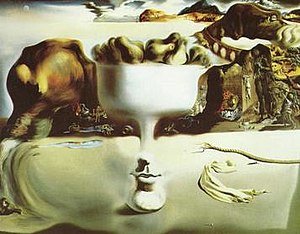A case for science

When I applied to graduate school, I was often asked what I was interested in studying. Initially, being naïve and uneducated about the nature of (graduate) education, I often answered the truth and began to enumerate the endless list of my interests: I am interested in studying humans, our psychology, our belief systems, how we operate, how we think, what we mean by soul, how religions affect our life, behavior, decisions, and actions, how compatible philosophy…
Read more










